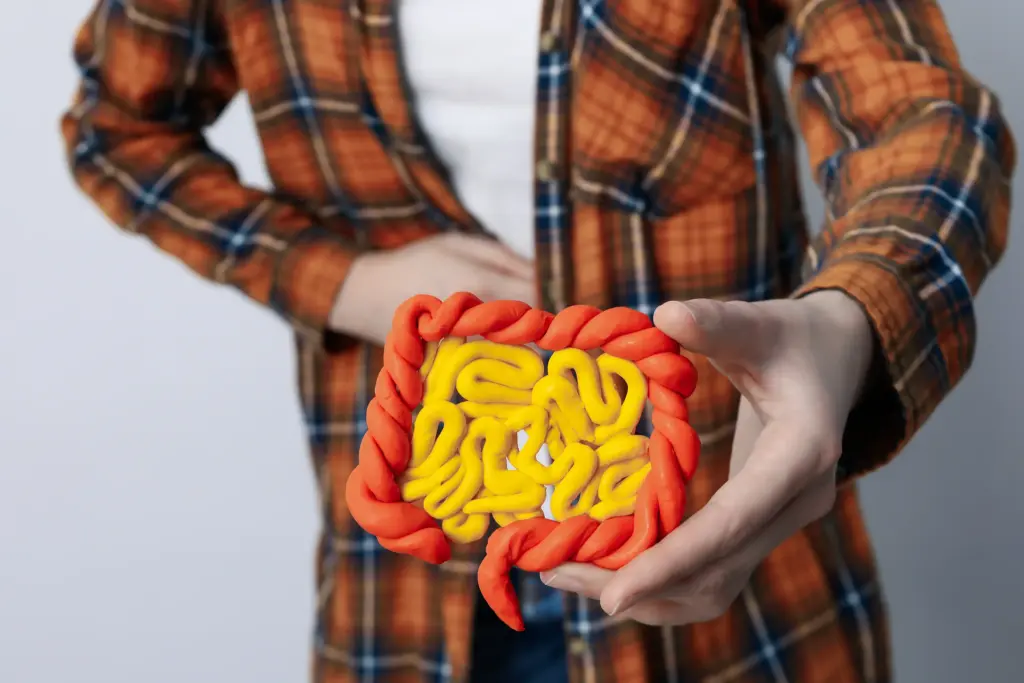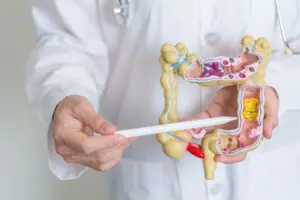
Constipation vs. Irritable Bowel Syndrome: Have you ever felt bloated, gassy, or like your stomach just wouldn’t settle? You may be wondering if your lack of bowel movements is constipation or irritable bowel syndrome (IBS).
Constipation and irritable bowel syndrome (IBS) can feel very similar at times. Both can leave you uncomfortable, sluggish, and unsure of what’s going on inside your gut. However, despite their similarities, constipation and IBS are actually two very different conditions. Understanding which one you’re dealing with is the first step to managing symptoms more effectively and getting relief.
Also Read | Do you have acidity often? These 8 habits might be why
What is constipation?
Constipation happens when bowel movements become infrequent or difficult to pass. Almost everyone experiences it at some point, whether after travelling, changing diets, or simply not drinking enough water.
Doctors often define constipation as having fewer than three bowel movements per week. Stools are usually hard, dry, and difficult to pass, and you may feel like your bowel isn’t fully empty even after trying. Straining during bathroom visits is also a common sign.
Constipation can often be managed with small lifestyle changes. Eating more fibre-rich foods, staying well-hydrated, and keeping your body active are some of the simplest and most effective ways to get things moving again.

What is irritable bowel syndrome (IBS)?
IBS, short for irritable bowel syndrome, is a long-term condition that affects how your intestines function. Unlike some digestive diseases, it doesn’t damage the gut, but it can still cause significant discomfort and disrupt daily life.
People with IBS often experience belly pain or cramping, along with gas, bloating, and changes in bowel habits. Another common symptom is the feeling that your bowels aren’t fully empty, even after a trip to the toilet. While IBS doesn’t harm the gut physically, its ongoing symptoms can impact the overall quality of life, so it is important to recognise and manage the condition effectively.
Also Read | Acidity and indigestion? Try these ayurvedic natural remedies at home
Differences between constipation and IBS:
| Symptom | Constipation | IBS |
| Type of condition | Short-term or chronic | Ongoing digestive disorder |
| Belly pain | Mild or none | Often cramped or ongoing |
| Stool type | Hard, dry | Can be hard or loose; it depends on the IBS type |
| Gas and bloating | Sometimes | Diet changes, stress management, and medication |
| Triggers | Low-fibre, dehydration, inactivity | Stress, food sensitivity, hormones |
| Relief | Fibre, water, exercise, laxatives | Diet changes, stress management, medication |
Constipation vs. IBS: How to tell which one you have?
If your symptoms are rare and improve quickly, it’s more likely to be constipation. If they are frequent, unpredictable, and linked with abdominal discomfort before or after using the bathroom, IBS is more likely.








